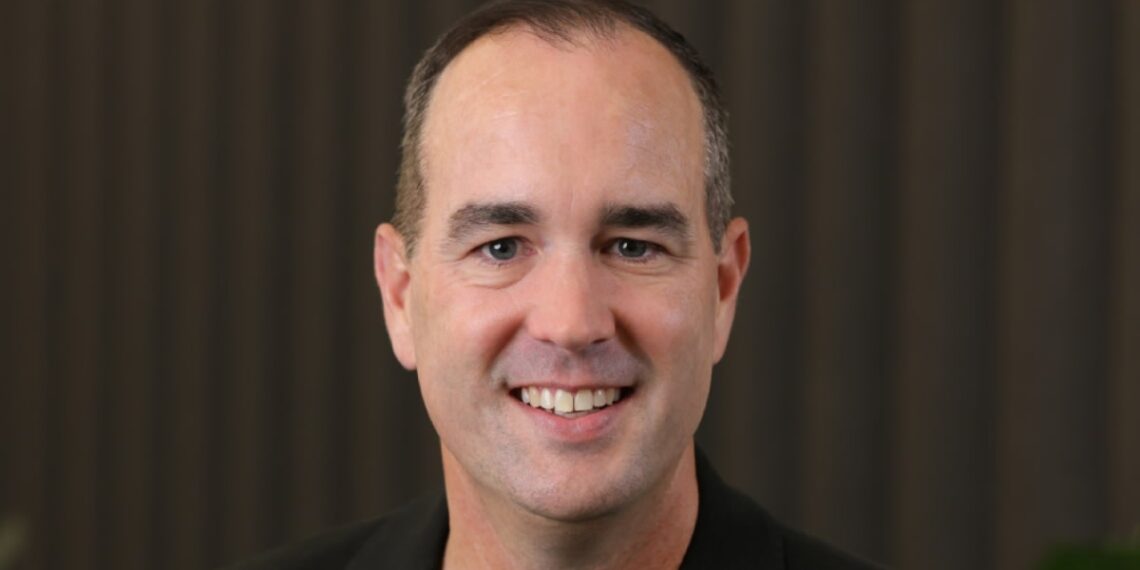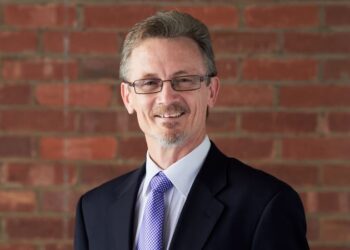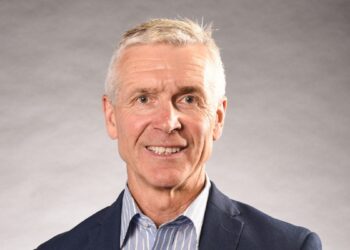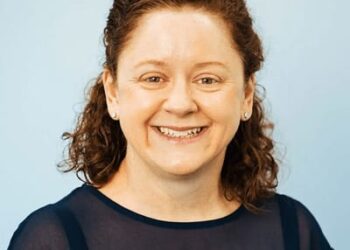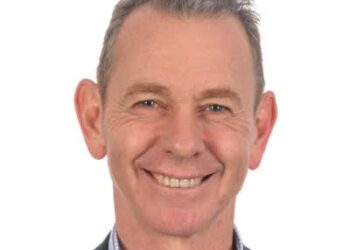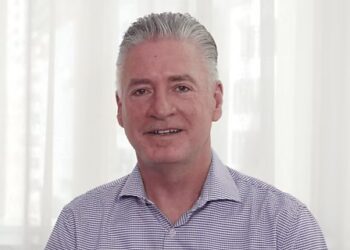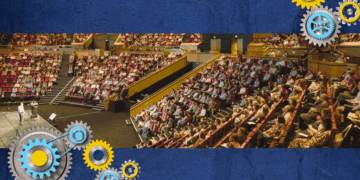Div 296 now an ‘accounting science-based’ way of doing things
Aaron Dunn, CEO of Smarter SMSF, said the legislation has moved from looking at total super balance movements to “drilling down” on the accounting function and fund level then looking at it at an attribution level to those in-scope members. Tim Miller, head of education and technical for Smarter SMSF, said the removal of unrealised gains from the earnings has now produced a “remarkably different...
Read moreDetails